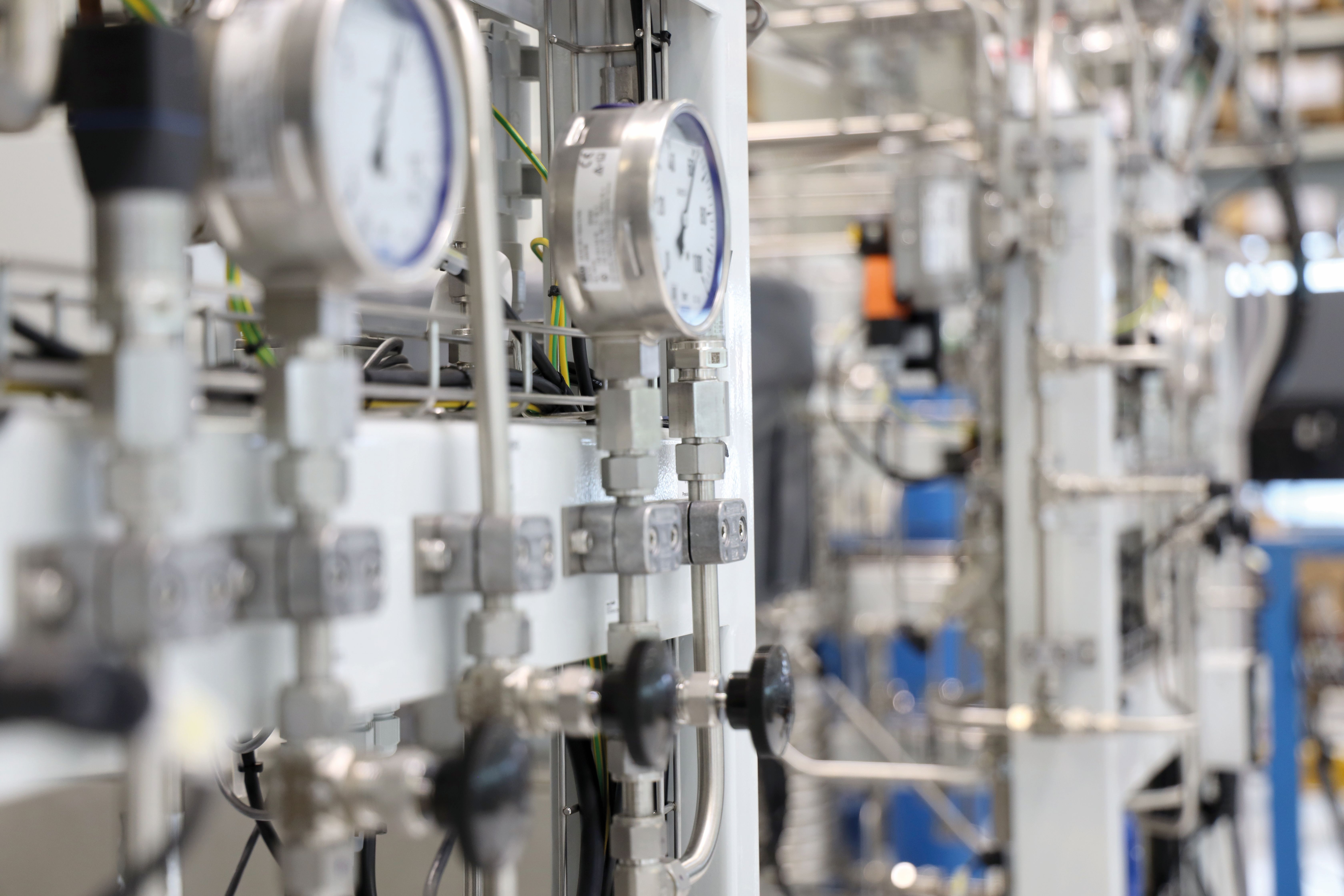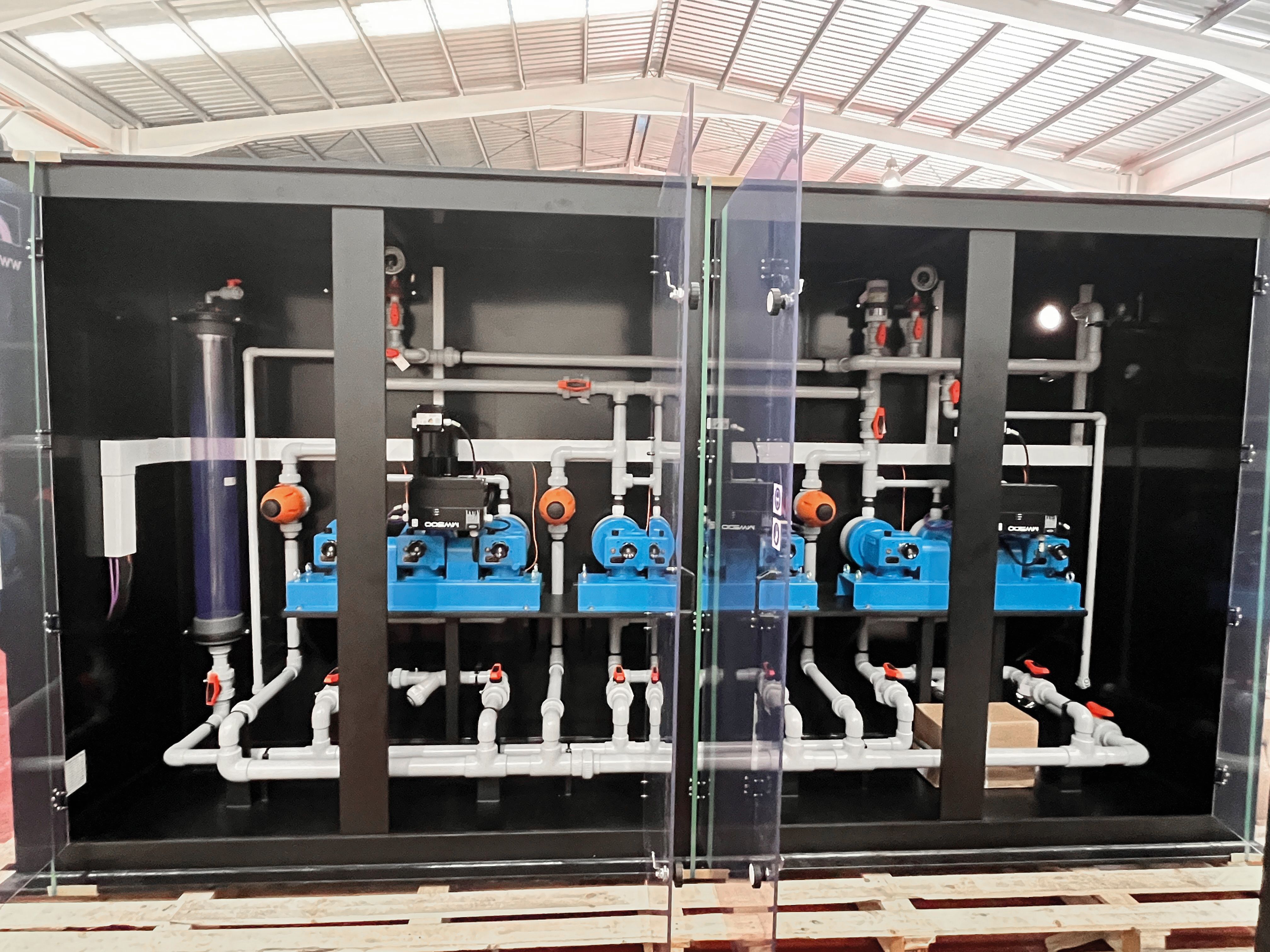Once upon a time, there was a magical and pristine region situated between gentle mountains, littered with blue shimmering rivers and lakes, dominated by ancient tree giants and protected by fairy-tale castles and palaces. Then, at some point, it was awoken with a kiss and today represents one of the most dynamic regions in Germany. This is the story of North Hesse.
A sleepy region awakens
40 years as a zonal border area meant that North Hesse was never considered to be particularly attractive. Many industries gave the region on the outskirts of the old Federal Republic a wide berth. But the region at the heart of Germany has long since awoken from its deep slumber. It was the reunification that breathed life into the now booming region, and key figures have been positive ever since, with growth in the region continuing to show an upward trend.
An unrivalled location
If you take a pin and stick it on a map of Europe, you will quickly notice that North Hesse is not only located at the centre of Europe, but also at the geographic centre of Germany as measured by accessibility, with the smallest cut-off time.
Thanks to ideal motorway access and its location at the centre of the north-south high-speed Deutsche Bahn railway line, it is possible to reach destinations in the north and south, east and west within the same amount of time. This not only favours the establishment of large logistics companies, but also gives companies from other sectors clear competitive advantages. Nowhere can you send out goods in all directions across Europe faster than in North Hesse.
It is not only its geographic location that has resulted in North Hesse becoming a dynamic and economically strong region in recent years, however. Close cooperation between universities, institutions and companies reflects the structural changes that have been experienced. The region can now compete with the strongest locations in Germany. As a result, North Hesse has already been voted among the most dynamic regions of the past ten years.
The logistical efficiency and the synergy effects resulting from this cooperation create ideal conditions for both the establishment of new and the expansion of existing companies from a wide range of industries. The effect is noticeable: North Hesse is already a pioneer in the development of innovative products and business segments across many sectors.
Region of thinkers and pioneers
North Hesse has a long tradition of cunning minds, whose works can be found in many areas.
In the field of architecture, these include architectural monuments such as the Bergpark Wilhelmshöhe (a UNESCO World Heritage Site since 2013), Bad Karlshafen, the baroque thermal salt spa town at the northernmost tip of Hesse, and the Treppenstraße in Kassel, the first pedestrian zone in Germany – to name just a few.
The computer pioneer Konrad Zuse lived in Hünfeld and invented the world’s first functioning computer. His company of the same name produced the first computer to be commercially distributed worldwide.
The region also has a long industry tradition: the company Henschel, whose numerous successor companies still operate to this day, was developed here. The company, which was the largest locomotive manufacturer in Europe during its day, invented the technology used in the Transrapid high-speed monorail, which was considered highly innovative for its time.
The region is not only a pioneer in the field of renewable energies: many current developments in e-mobility solutions are also taking place in northern Hesse. With its numerous automobile manufacturers and their suppliers as well as large logistics companies, North Hesse possesses a high level of competence in the mobility sector.
Art lovers all over the world associate Kassel with the documenta. First started by art professor Arnold Bode, the documenta is the world’s most prominent exhibition of contemporary art and has been opening its doors for 100 days every five years for more than 60 years.
Names such as Konrad Duden, who made significant contributions to a uniform German spelling, and Jacob and Wilhelm Grimm represent the pioneering spirit in terms of language. The fairy tales of the Brothers Grimm are known all over the world and have strongly influenced the global image of North Hesse. The Grimmwelt Kassel opened an award-winning museum dedicated to the works of the Brothers Grimm in 2015 and has been attracting tourists to North Hesse ever since.
The University of Kassel, founded in 1971 and now with 25,000 students, offers a wide range of study options and is home to extensive research facilities. Subjects range from engineering, natural sciences and mathematics to the humanities, social sciences and art. Over the past 40 years, graduates from the university have founded more than 300 companies based in North Hesse, creating more than 10,000 jobs.


